Reading & Writing
Reading Schemes
At Woodland Academy Trust, we use books matched to the children’s secure phonic knowledge using the Little Wandle Letters and Sounds Revised assessments and book matching grids. Our chosen reading scheme is Collins Big Cat for Little Wandle Letters and Sounds. The decodable reading practice book is used to teach reading in school and is taken home to ensure success is shared with the family.
Whole-Class Reading
When our children are secure with all the phases within our phonics scheme and can apply this in their reading, they are taught to read books that are not fully decodable. These books are high quality texts, covering a range of literature types seen in fiction, non-fiction and poetry across each half term. At the Woodland Academy Trust, we enhance learning in the wider curriculum by linking the books that are studied during these lessons to topics learnt in geography, science and history. This may include core texts, which can be found in each school’s curriculum handbook. We ensure that the content domains from the National Curriculum are taught through this approach. The Woodland Academy Trust also draw on strategies from Just Imagine’s Take One Book programme, to ensure that learning is engaging and relatable to pupils.
Reading for Pleasure
We are committed to developing our Reading for Pleasure pedagogy and are committed to ensuring that children’s experiences of reading are enriched through commitment to well-resourced library areas and book corners. Our aim is to build a community of readers. Our commitment to Reading for Pleasure is also demonstrated in our chosen class names that are all trees, woods, forests that can be found within children's literature. Each year, our children read and share their class namesake book so that when they leave our school, they have a bank of knowledge about texts.
Writing - KS1/KS2
Our writing curriculum aims to enhance topical learning through the use of core texts and teaching draws upon the EEF Improving Literacy Recommendations and Talk for Writing principles. The writing process is constantly adapted to meet the needs of the children in our schools. There is a culture of writing for a range of purposes to best prepare our children for the world beyond primary school. Children are taught to formulate and articulate increasingly sophisticated sentences as well as having regular opportunities to develop quality vocabulary and language choices. We provide regular opportunities to apply their writing skills in extended quality pieces of writing.
Oracy/Spoken language
Our children are taught to speak clearly and convey ideas confidently using Standard English. They learn to justify ideas with reasons; ask questions to check understanding; develop vocabulary and build knowledge; negotiate; evaluate and build on the ideas of others; and select the appropriate register for effective communication. They are taught to give well-structured descriptions and explanations and develop their understanding through speculating, hypothesising and exploring ideas. This enables them to clarify their thinking as well as organise their ideas for writing.
Vocabulary development
Acquisition and command of vocabulary are key to learning and progress across the whole curriculum. Teachers develop vocabulary actively, building systematically on their children’s current knowledge. They also make links between known and new vocabulary ensuring the children expand the vocabulary choices that are available to them when they write. Vocabulary is explicitly taught in all curriculum areas.
EGPS - KS1/KS2
We have developed our very own bespoke Grammar, Punctuation and Spelling curriculum. Each year group covers key aspects linked to the National Curriculum starting with a ‘ready to write’ lesson and culminating in consolidation of learning opportunities. Each year group has a clear long-term overview which covers progression of grammar and punctuation skills. Our bespoke curriculum sets out the knowledge that children should learn for each GPS skill in each year group, including model questioning and ideas for teaching the content.
Handwriting
At Woodland Academy Trust, we follow the Improvement in Schools through Handwriting and Art (ISHA) approach to handwriting. Systematically following the programme ensures that letters are correctly formed, and joins are taught once pupils are secure with letter formation. The style is semi cursive with no loops or lead ins.
